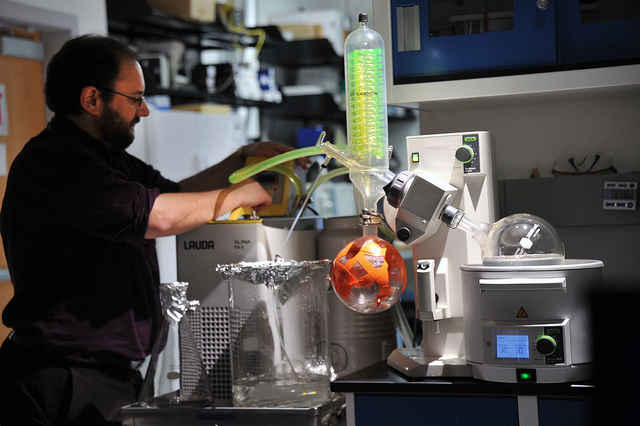For the last two years I’ve been in the United States studying and doing research in computer science. While I don’t know much about how science looks like in Europe (where I come from), I can definitely tell that I brought different expectations from Europe about what science will look like in the US.
As an article series I give you a link to at the bottom of this post argues, it turns out that the economic system present in a society as well as the society’s aspirations towards militarism play a great role in shaping the research it carries out and even what kind of scientific questions can be asked. Capitalism is the economic system in the United States and that by itself already tells a lot, but in the US the system has been pushed towards its extremes. For the upcoming fiscal year 2015, the president of the US has proposed a budget in which 16% would go to military, and 1% to science. The military part would be $555 billion worth, and some of it will without any doubt go into research. Such an emphasis the US puts on military — compared to science — tells what the society values.
I’ve been at a research internship in NASA for the last couple of months. It is interesting to “watch from inside” how the economic system plays a role in NASA and how highly positioned employees praise the system. What if all NASA employees, and especially NASA Administrator, instead of praising the economic system, asked the federal government not to allocate as much money to military and allocate the money to NASA instead? Maybe then would NASA, almost half a century after putting men on the Moon, be capable of launching manned missions into low Earth orbit and beyond again.
For the series on what science is and what it could be in the future if we were to aspire a different economic system, go to teleSUR.
